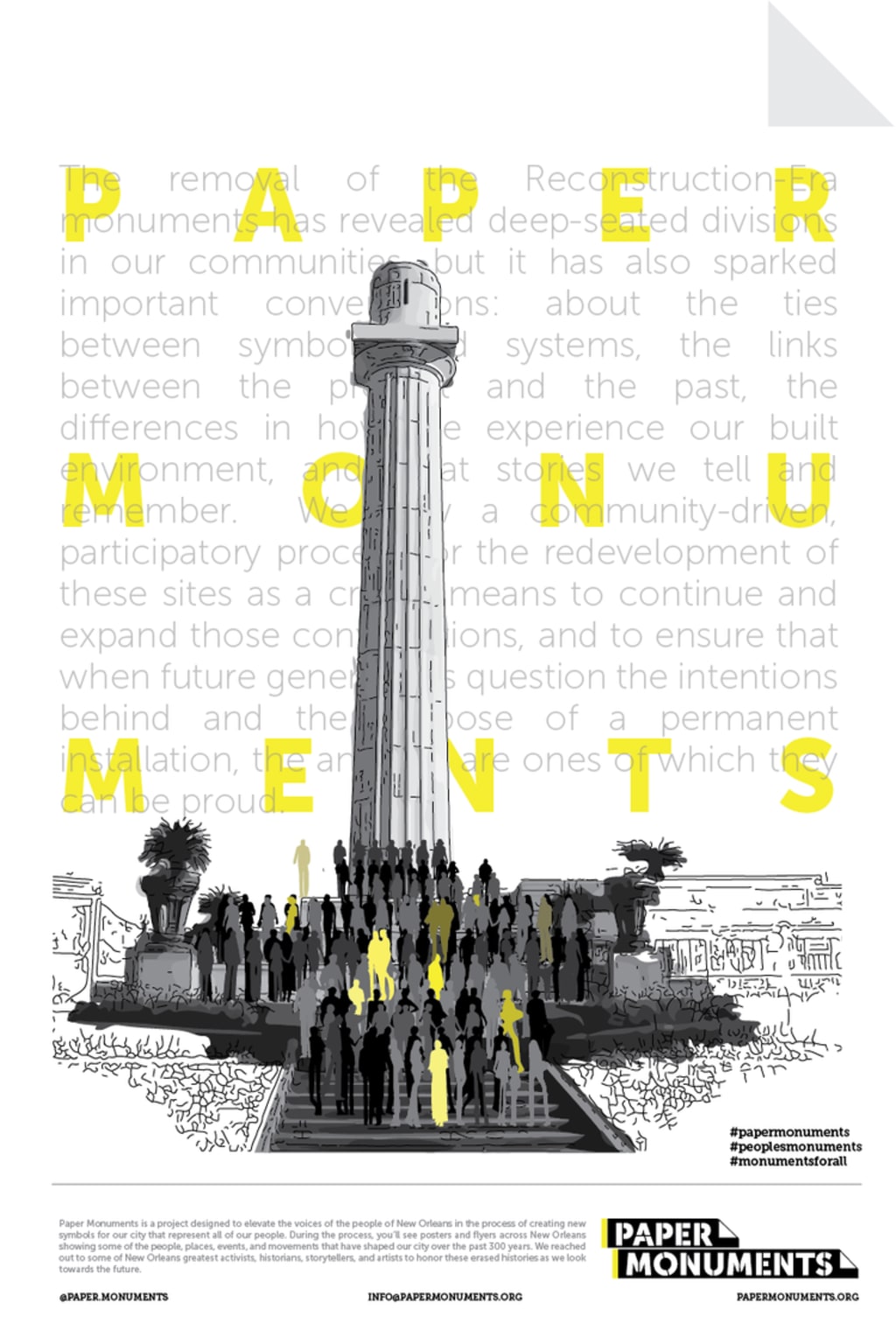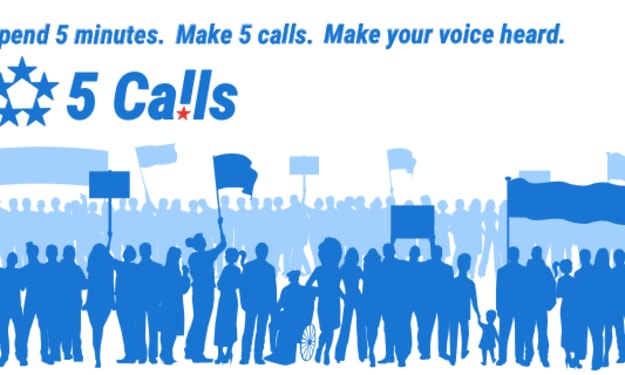American Architectural Psychology
Structural racism is built into our roads and cities.

Architectural and urban designs are often reflections of the cultures that built them. In the US, a legacy of racism runs through our highways and cities.
Urban Renewal and Social Inequality
Starting in the mid-1900s, American developers embraced a philosophy of urban renewal that persists to this day. The idea was to give dilapidated inner cities a facelift to attract wealthier residents and build a great interstate system that would connect them all. The Housing Act of 1949 and the Federal Aid Highway Act of 1956 gave construction companies millions of dollars to build highways that dissected poor, primarily Black neighborhoods while the government enforced strict eminent domain and condemnation laws to force residents to move out of their homes. Of course, this type of urban renewal doesn't eliminate poverty; it just moves it elsewhere.
After displacing poor residents, city governments and architects began intentionally limiting public transportation to keep them on the outskirts. Architect Robert Moses admits to designing Long Island overpasses to be too low for buses to drive under, which effectively kept low-income residents away from the beaches.
“Legislation can always be changed," Moses notes in his autobiography, "but it’s very hard to tear down a bridge once it’s up."
Architectural Psychology
Urban planning doesn't only have economic repercussions; it also has an emotional impact on residents. Psychiatrist Paul Keedwell published a book called Headspace: The Psychology of City Living, which discusses the toll that poor design can take on city-sweller's mental health. His field of study is called "architectural psychology."
“Much design and planning is guided by a kind of empathic intuition rather than any scientific evidence,” Keedwell explains. “The esteemed architect might be more concerned to make an artistic statement than to design a space that people actually enjoy using.” Keedwell identifies separation from nature as a major driver of stress, but there are other architectural choices that have psychological effects on people.
Monumental Problems
The controversy surrounding Confederate statues in the US has gotten more Americans talking about the purposes of monuments in societies. Indeed, many of those statues were erected by White supremacists to deter Black people from moving into predominantly White neighborhoods. New Orleans-based designer Bryan C. Lee Jr. is one of many activist architects who are advocating for new monuments to replace the Confederate Generals. He has started a project called Paper Monuments, which aims to spread posters depicting people and events that have shaped the city’s 300-year history.
"The Paper Monuments project is still rooted in the fact that these symbols of oppression need to be countered by symbols of those people who’ve fought against that oppression,” Lee said in an interview with Fast Company. “When we make decisions that do embody hatred, whether we mean to or not, it allows for society to grow along those frameworks. Our job should be to acknowledge them and counteract them and produce things that elevate the welfare of the constituents that we serve.”
The Future of American Architecture
American Institute of Architects CEO Robert Ivy says that we need more research into the psychological and physiological effects that architecture has on communities.
"Unfortunately, architects still can’t point to the quantified benefits of more healthy designs," Ivy told attendees at a recent conference.
Nonetheless, he remains optimistic since the U.S. General Services Administration has announced that it's investing resources into this area. Hopefully, such research will encourage future architects and urban planners to embrace more evidence-based designs.
Sources:
http://www.aljazeera.com/indepth/opinion/2014/09/activist-architects-designing--2014928103659390595.html
https://www.fastcodesign.com/3068901/building-just-monuments-bryan-c-lee-jr-profile
https://www.irishtimes.com/culture/why-poorly-designed-cities-are-bad-for-your-mental-health-1.3203204
https://www.fastcodesign.com/3061873/how-urban-design-perpetuates-racial-inequality-and-what-we-can-do-about-it
About the Creator
Robert Wells
Robert Wells is a freelance writer from North Carolina. His specialties include history, film and video games.






Comments
There are no comments for this story
Be the first to respond and start the conversation.